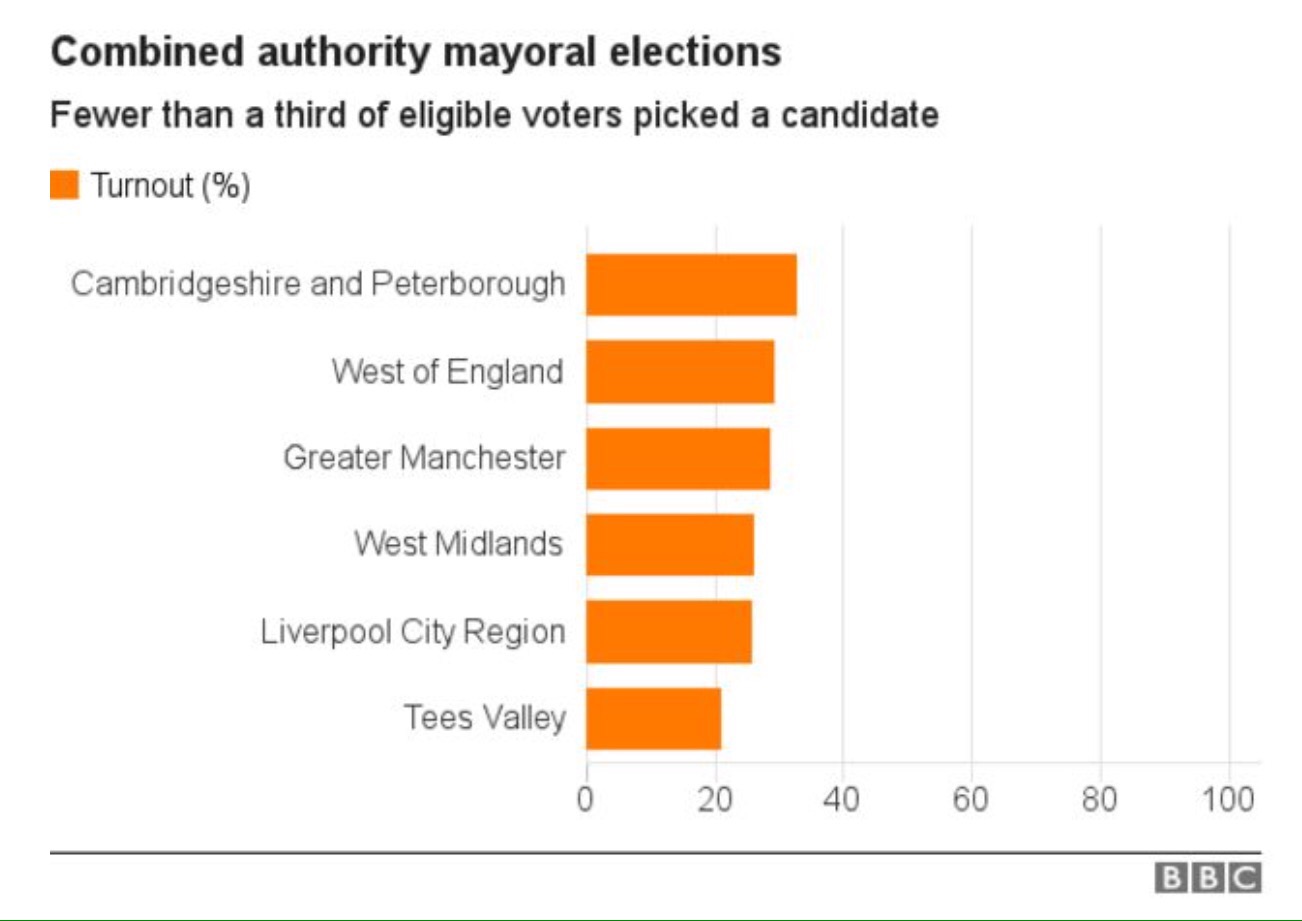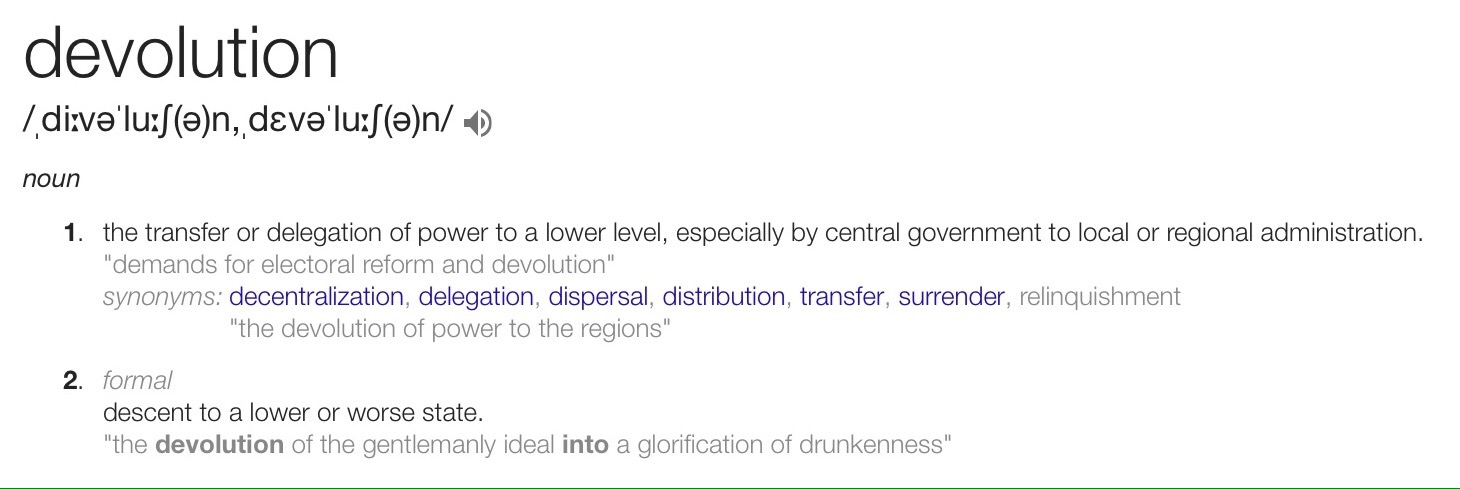Duncan Field, Victoria McKeegan and I were speculating in our 16 December 2019 planorama vlog as to what the new Government’s legislative programme and policy priorities are likely to be in relation to planning, infrastructure and the environment
We now have the blueprint, in the form of the Queen’s Speech on 19 December 2019 and particularly the 151 pages of background notes published the same day.
There is going to be an “ambitious” planning white paper in due course, but what is promised in the meantime in this very blue paper that these notes represent? The government has little excuse not to deliver on what it has set out, given the size of its majority. The most relevant references are as follows:
Housing (pages 48 to 50):
“My government will take steps to support home ownership, including by making homes available at a discount for local first-time buyers.”
● The Government will support people to realise the dream of homeownership. One of the biggest divides in our country is between those who can afford their own home and those who cannot.
● The Government will shortly launch a consultation on First Homes. This will provide homes for local people and key workers at a discount of at least 30 per cent – saving them tens of thousands of pounds.
● The discount on First Homes will be secured through a covenant. This means these homes will remain discounted in perpetuity, supporting people now and in the future who aspire to own a home of their own.
● The Government will also renew the Affordable Homes Programme, building hundreds of thousands of new homes for a range of people in different places. This will help us prevent people from falling into homelessness while also supporting further people into homeownership.
● We will introduce a new, reformed Shared Ownership model, making buying a share of a home fairer and more transparent. This new model will be simpler to understand and better able shared owners to buy more of their property and eventually reach full ownership.
● To deliver on the homes this country needs, the Government is committed to building at least a million more homes over this Parliament. In the coming months we will set out further steps to achieve this, including an ambitious Planning White Paper and funding for critical infrastructure.
● The Planning White Paper will make the planning process clearer, more accessible and more certain for all users, including homeowners and small businesses. It will also address resourcing and performance in Planning Departments.
● The new £10bn Single Housing Infrastructure fund will provide the roads, schools and GP surgeries needed to support new homes. Alongside First Homes, this will ensure local people truly benefit from house building in their area and build support for new developments
● To help those who rent, the Government will build a rental system that is fit for the modern day – supporting landlords to provide high quality homes while protecting tenants. The Government’s Better Deal for Renters will fulfil our manifesto commitments to abolish ‘no fault’ evictions and to introduce lifetime deposits, alongside further reforms to strengthen the sector for years to come.
● The Government is taking forward a comprehensive programme of reform to end unfair practices in the leasehold market. This includes working with the Law Commission to make buying a freehold or extending a lease easier, quicker and more cost effective – and to reinvigorate commonhold and Right to Manage.
● The Government will ensure that if a new home can be sold as freehold, then it will be. We will get rid of unnecessary ground rents on new leases and give new rights to homeowners to challenge unfair charges. The Government will also close legal loopholes to prevent unfair evictions and make it faster and cheaper to sell a leasehold home.
● For those in the social rented sector, we will bring forward a Social Housing White Paper which will set out further measures to empower tenants and support the continued supply of social homes. This will include measures to provide greater redress, better regulation and improve the quality of social housing.
● This Government has committed to end rough sleeping by the end of this Parliament. The Government will continue to invest in key rough sleeping interventions, building on the progress that we made last year in reducing rough sleeping numbers. The Government will also continue to support those at risk of homelessness and rough sleeping through the continued enforcement of the Homelessness Reduction Act.
Building Safety Bill (pages 51 to 53):
“New measures will be brought forward…to improve building safety.”
● An enhanced safety framework for high-rise residential buildings, taking forward the recommendations from Dame Judith Hackitt’s independent review of building safety, and in some areas going further by:
○ Providing clearer accountability and stronger duties for those responsible for the safety of high-rise buildings throughout the building’s design, construction and occupation, with clear competence requirements to maintain high standards.
○ Giving residents a stronger voice in the system, ensuring their concerns are never ignored and they fully understand how they can contribute to maintaining safety in their buildings.
○ Strengthening enforcement and sanctions to deter non-compliance with the new regime, hold the right people to account when mistakes are made and ensure they are not repeated.
○ Developing a new stronger and clearer framework to provide national oversight of construction products, to ensure all products meet high performance standards.
○ Developing a new system to oversee the whole built environment, with local enforcement agencies and national regulators working together to ensure that the safety of all buildings is improved.
● We will also legislate to require that developers of new build homes must belong to a New Homes Ombudsman.
Fire Safety Bill (pages 54 to 55):
“New measures will be brought forward…to improve building safety.”
● Clarifying that the scope of the Fire Safety Order includes the external walls of the building, including cladding, and fire doors for domestic premises of multiple occupancy.
● Strengthening the relevant enforcement powers to hold building owners and managers to account.
● Providing a transitional period for building owners and managers (the “responsible person”) and Fire and Rescue Services to put in place the infrastructure for these changes.”
National Infrastructure Strategy (pages 90 to 91):
“My government will prioritise investment in infrastructure…”
● The National Infrastructure Strategy will be published alongside the first Budget, and will set out further details of the Government’s plan to invest £100 billion to transform the UK’s infrastructure.
● The Strategy will set out the Government’s long-term ambitions across all areas of economic infrastructure including transport, local growth, decarbonisation, digital infrastructure, infrastructure finance and delivery.
● The Strategy will have two key aims:
○ To unleash Britain’s potential by levelling up and connecting every part of the country. Prosperity will be shared across all of the UK, and long- standing economic challenges addressed, through responsible and prudent investment in the infrastructure.
○ To address the critical challenges posed by climate change and build on the UK’s world-leading commitment to achieve net zero emissions by 2050.
● The Strategy will also provide the Government’s formal response to the National Infrastructure Commission’s 2018 National Infrastructure Assessment, which made a series of independent recommendations to government across all sectors of economic infrastructure (transport, energy, digital, waste, water and flood management).”
Rail reform and High Speed Rail 2 (West Midlands – Crewe) Bill (pages 101 to 103)
● Last year the Government launched a ‘root and branch’ review of the railways led by Keith Williams. The Review is the first comprehensive assessment of the rail system in a generation and is tasked with making ambitious proposals to reform the rail industry.
● The Review is focused on reforms that will put passengers at the heart of the railway, provide value for taxpayers and deliver economic, social and environmental benefits across Britain.
● The Government will publish a White Paper informed by the recommendations next year. Among other things, this will end the complicated franchising model to create a simpler, more effective system.
● The Government has also committed to a number of major investments in the railway, including:
o Midlands Rail Hub, to improve services around Birmingham and throughout the West and East Midlands;
o Northern Powerhouse Rail;
o Reopening a number of the lines and stations closed under the
Beeching cuts in the 1960s; and,
o Significant upgrades to urban commuter and regional services outside London.
● Separate to the wider review of the railway system, the Government awaits the review, of the High Speed Two (HS2) network led by Doug Oakervee which is looking at whether and how to proceed with HS2, including the benefits and impacts; affordability and efficiency; deliverability; and scope and phasing, including its relationship with Northern Powerhouse Rail.
● Without prejudice to the Oakervee Review’s findings and any Government decisions that follow, it is expected that the High Speed Rail (West Midlands – Crewe) Bill will be revived in this Parliament. The Bill was first introduced in Parliament in July 2017 and will enable Phase 2a of HS2. The Bill passed through the House of Commons and had completed Second Reading in the House of Lords before the dissolution of the previous Parliament. Following revival it would begin its next stages in the House of Lords.
English Devolution (pages 109 to 110):
“My government…will give communities more control over how investment is spent so that they can decide what is best for them.”
● We are committed to levelling up powers and investment in the regions across England and allowing each part of the country to decide its own destiny.
● This means proposals to transform this country with better infrastructure, better education, and better technology.
● We will publish a White Paper setting out our strategy to unleash the potential of our regions, which will include plans for spending and local growth funding.
● It will provide further information on our plans for full devolution across England, levelling up powers between Mayoral Combined Authorities, increasing the number of mayors and doing more devolution deals.
● These increased powers and funding will mean more local democratic responsibility and accountability.
● We remain committed to the Northern Powerhouse, Midlands Engine, and Western Gateway strategies.
Business rates (page 111):
“To support business, my government will…bring forward changes to business rates.”
● The Government is committed to conducting a fundamental review of business rates.
● The Government recognises the role of business rates as a source of local authority income and will consider input from the sector as part of the review of business rates. Further details on the review will be announced.
● We are committed to increasing the retail discount from one-third to 50 per cent, extending that discount to cinemas and music venues, extending the duration of the local newspapers discount, and introducing an additional discount for pubs.
● We will also progress legislation to bring forward the next business rates revaluation by one year from 2022 to 2021 and move business rates revaluations from a five-yearly cycle to a three-yearly cycle. This will allow the Government to press ahead with delivering an important reform that has been strongly welcomed by business.
● More frequent revaluations will ensure that business rates bills are more up- to-date reflecting properties’ current rental values. Moving to three-yearly revaluation will make the system more responsive to changing economic conditions.
Environment Bill (pages 112 to 114):
“To protect and improve the environment for future generations, a bill will enshrine in law environmental principles and legally-binding targets, including for air quality. It will also ban the export of polluting plastic waste to countries outside the Organisation for Economic Co-operation and Development and establish a new, world-leading independent regulator in statute.”
● Establishing new long term domestic environmental governance based on: environmental principles; a comprehensive framework for legally-binding targets, a long term plan to deliver environmental improvements; and the new Office for Environmental Protection.
● Improving air quality by setting an ambitious legally-binding target to reduce fine particulate matter (PM2.5), the most damaging pollutant to human health. The Bill also increases local powers to address sources of air pollution and brings forward powers for the Government to mandate recalls of vehicles when they do not meet legal emission standards.
● Protecting nature by mandating ‘biodiversity net gain’ into the planning system, ensuring new houses aren’t built at the expense of nature and delivering thriving natural spaces for communities. We will improve protection for our natural habitats through Local Nature Recovery Strategies and give communities a greater say in the protection of local trees.
● Preserving our resources by minimising waste, promoting resource efficiency and moving towards a circular economy. These measures include extended producer responsibility, a consistent approach to recycling, tackling waste crime, introducing deposit return schemes, and more effective litter enforcement. We will also ban the export of polluting plastic waste to non- OECD countries, consulting with industry, NGOs, and local councils on the date by which this should be achieved.
● Introducing charges for specified single use plastic items. This will build on the success of the carrier bag charge and incentivise consumers to choose more sustainable alternatives.
● Managing water sustainably through more effective legislation to secure long- term, resilient water and wastewater services. This will include powers to direct water companies to work together to meet current and future demand for water, making planning more robust, and ensuring we are better able to maintain water supplies.
Climate change (pages 115 to 118):
“My government will continue to take steps to meet the world-leading target of net zero greenhouse gas emissions by 2050. It will continue to lead the way in tackling global climate change, hosting the COP26 Summit in 2020.”
● We will build on our progress with an ambitious programme of policy and investment, with our first Budget prioritising the environment. This will help deliver the green infrastructure needed to improve lives and achieve Net Zero, including by investing in carbon capture, offshore wind, nuclear energy, and electric vehicle infrastructure so that individuals are always within 30 miles of a chargepoint. We will make sure we help lower energy bills investing in the energy efficiency of homes, schools and hospitals. And away from home, we will use our £1 billion Ayrton Fund to develop affordable clean energy for developing countries.
● The government will continue to use our position as a global leader in this area by hosting the UN Climate Change Summit in Glasgow in 2020 (COP26). We will ask our partners to match the UK’s ambition.
● With a focus on nature based solutions at our upcoming COP summit, at home we will be substantially increasing our tree-planting commitment and creating a £640 million new Nature for Climate fund.
● Our natural environment is one of our greatest assets, and can play a crucial role in the fight against climate change. This government will:
○ introduce a landmark Environment Bill – the first one in twenty years – that will create an ambitious environmental governance framework for post Brexit, as well as banning the export of plastic waste to non-OECD countries;
○ establish a new £500 million Blue Planet Fund to help protect our oceans from plastic pollution, warming sea temperatures and overfishing;
○ lead diplomatic efforts to protect 30 per cent of the world’s oceans by 2030; and,
○ in our trade negotiations, never compromise on our high environmental protection
● We will also ensure that we are protecting our citizens by investing £4 billion in flood defences and lowering energy bills by investing £9.2 billion in the energy efficiency of homes, schools and hospitals.
● We will increase our ambition on offshore wind to 40GW by 2030, and enable new floating turbines.
● We will support decarbonisation of industry and power by investing £800 million to build the first fully deployed carbon capture storage cluster by the mid-2020s; and £500 million to help energy-intensive industries move to low-carbon techniques.
Constitution and democracy (pages 126 to 127):
“A Constitution, Democracy and Rights Commission will be established. Work will be taken forward to repeal the Fixed-term Parliaments Act.”
Setting up a Constitution, Democracy & Rights Commission that will:
● Examine the broader aspects of the constitution in depth and develop proposals to restore trust in our institutions and in how our democracy operates. Careful consideration is needed on the composition and focus of the Commission. Further announcements shall be made in due course.
It’s a blue, blue, blue, blue Christmas.
The usual askew perspectives and commentary will continue here in 2020.
Simon Ricketts, 21 December 2019
Personal views, et cetera


















